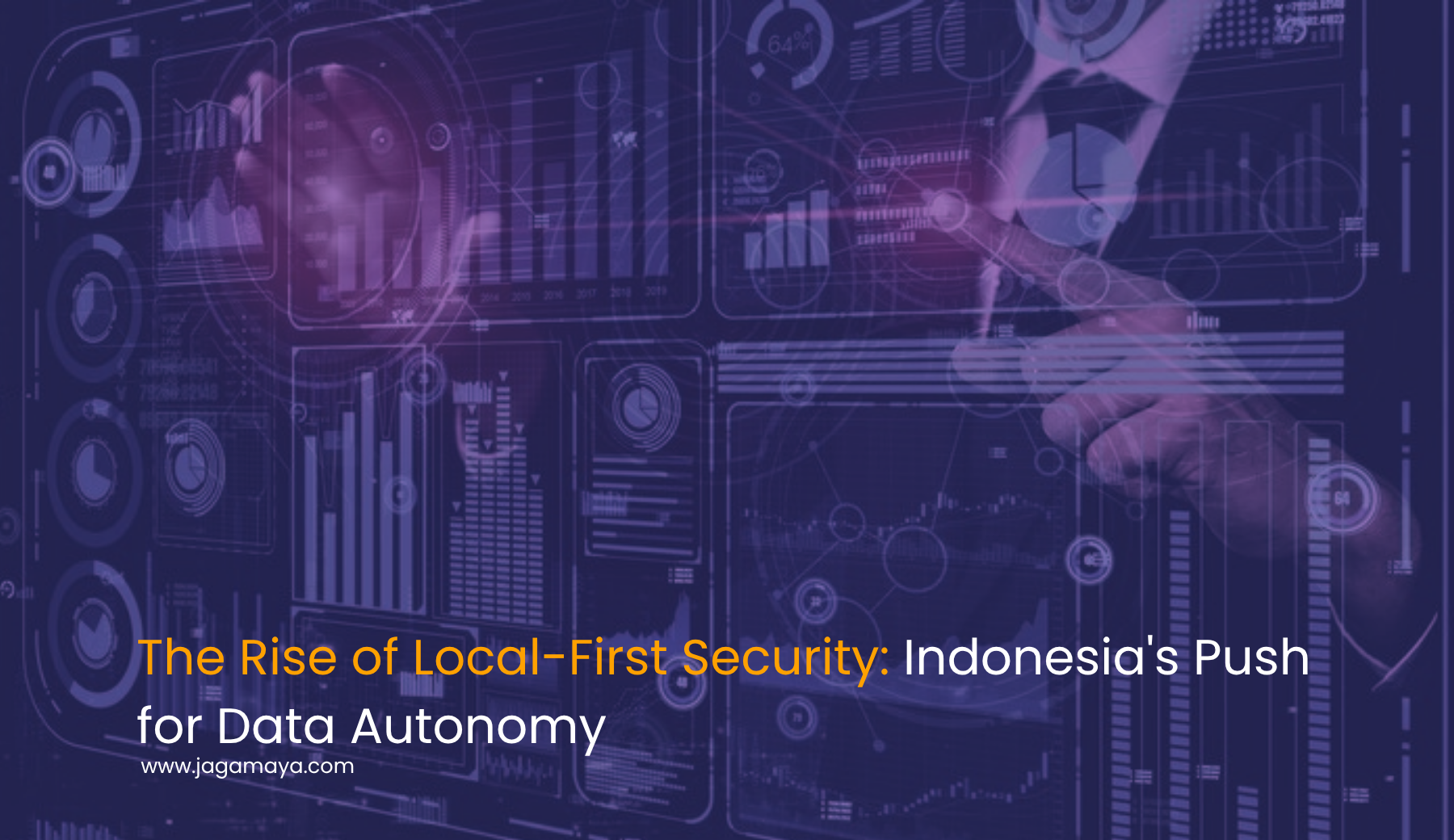As global cyber threats intensify and geopolitical tensions reshape data governance, Indonesia is charting a new path—one where security, sovereignty, and local control converge. This strategic move, often referred to as “local-first security,” marks a turning point in how nations safeguard their digital assets and protect national interests.
The Case for Local-First Security
Indonesia’s growing digital economy, paired with increasingly complex cyber risks, has underscored the need to rethink traditional cybersecurity models. Relying heavily on foreign cloud infrastructure, imported security appliances, and overseas data processing has exposed vulnerabilities that cannot be overlooked.
Local-first security is the philosophy and practice of designing cybersecurity systems that prioritize domestic infrastructure, talent, and regulatory frameworks. This approach aligns closely with Indonesia’s legal mandates, including PP 71/2019, which requires strategic data to be stored and processed onshore, and UU PDP No. 27/2022, which governs personal data protection.
The Sovereignty Imperative
At the heart of this shift lies the principle of digital sovereignty—the ability of a state to independently manage, protect, and govern its digital assets. When data crosses borders, it becomes subject to foreign laws and surveillance regimes. By hosting data locally and investing in indigenous cybersecurity solutions, Indonesia strengthens its national defense posture while ensuring compliance with its data protection laws.
Strategic Advantages of Local-First Security
- Enhanced Compliance: Organizations can more easily align with local regulations such as PP 71/2019 and UU PDP, avoiding legal ambiguities and costly non-compliance penalties.
- Reduced Exposure to Geopolitical Risks: By reducing reliance on foreign vendors and hyperscalers, Indonesia insulates itself from international trade disruptions and cross-border policy shifts.
- Faster Incident Response: With localized security operations centers (SOCs) and infrastructure, threat detection and response times improve significantly.
- Economic Value Creation: Investing in local security tools and platforms fosters innovation, job creation, and knowledge transfer within the domestic tech ecosystem.
A National Mandate for Local Innovation
To realize the vision of local-first security, Indonesia must support its cybersecurity ecosystem through:
- Public-private partnerships to build secure local cloud platforms and data centers
- Incentives for local R&D in network defense, SIEM systems, and AI-powered threat detection
- Education and training initiatives to close the cybersecurity talent gap
- Policy alignment that encourages the adoption of local solutions across public sector projects
Jagamaya’s Commitment to Local-First Security
As a trusted cybersecurity partner in Indonesia, Jagamaya is leading the charge toward a more sovereign digital future. With modular, locally-built cybersecurity stacks, including threat monitoring (Teja Bhaya), attack surface mapping (AgniWatch), and infrastructure observability (Prayoga Kridha), Jagamaya empowers organizations to meet compliance standards while protecting their most sensitive data.
Our approach is not just about protecting against threats—it’s about redefining what cybersecurity means in the era of data sovereignty.
Conclusion: A New Era of Digital Resilience
The rise of local-first security reflects a broader global trend, but for Indonesia, it is an urgent necessity. Data autonomy is no longer a luxury—it is a foundational pillar of national resilience.
By embracing local-first security, Indonesia can chart a secure, sovereign, and sustainable digital future—one where control remains in the hands of the nation and its people.


Leave a Reply